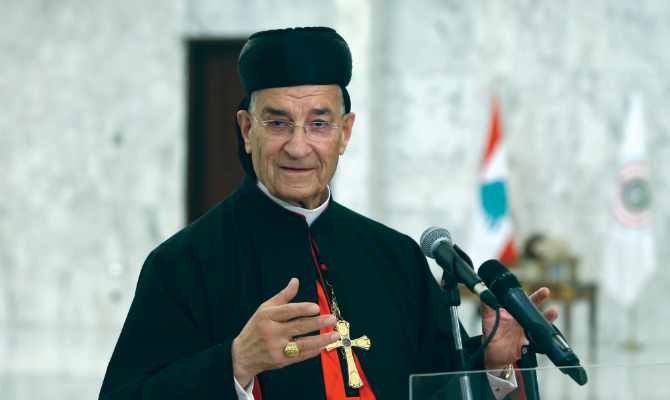![Lebanese President Michel Aoun receives France's Foreign Minister Jean-Yves Le Drian at the Baabda Palace in Beirut [Anadolu]](https://www.aljazeera.com/mritems/imagecache/mbdxxlarge/mritems/Images/2020/7/23/5679cae0f27941798d096cb25ac15c8d_18.jpg)
by Timour Azhari — .aljazeera.com — Beirut – French Foreign Minister Jean-Yves Le Drian has said Lebanese politicians are preventing the disbursal of much-needed aid to the crisis-hit country by failing to implement solutions “that have already been known for a long time”. “France is ready to fully mobilise alongside Lebanon and to mobilise all of its partners, but this requires serious and credible reform measures to be implemented. Concrete actions are long-overdue,” Le Drian said during a joint news conference with Lebanese Foreign Minister Nassif Hitti on Thursday. In Beirut on a two-day official visit, Le Drian likened potential French and international aid to Lebanon to divine intervention. “You may be familiar with the French expression, ‘help yourself and God will help you.’ What I want to say to officials in Lebanon today is: ‘Help yourself and France and its partners will help you’,” he said.
The international community has over the last 20 years pledged nearly $24bn to Lebanon for economic aid and development projects at four donor conferences. The most recent conference in 2018 saw pledges of $11bn, conditional on reforms to the country’s ailing electricity sector, modernising laws and reducing the country’s public debt. Little progress was made and Lebanon is now sinking into a deep crisis characterised by currency depreciation, steep inflation, rising poverty, unemployment and growing instability. The government of Prime Minister Hassan Diab, appointed by the country’s establishment after a massive anti-government uprising toppled his predecessor in October, is seeking some $20bn in aid – half from the International Monetary Fund and half from international donors rallied by France. But the government has faltered with little popular support and negotiations with the IMF have been impeded by disagreements and political bickering. Protesters “took to the streets to mark the thirst for change, to mark the desire for transparency, the fight against corruption, and better governance of a whole people. Unfortunately, this appeal has so far not been heard,” Le Drian said.






![Lebanese nurses at the Rafik Hariri public hospital in Lebanon's capital Beirut, on 12 May, 2020 [JOSEPH EID/AFP via Getty Images]](https://i0.wp.com/www.middleeastmonitor.com/wp-content/uploads/2020/07/GettyImages-1212812981.jpg?resize=1200%2C800&quality=85&strip=all&zoom=1&ssl=1)



